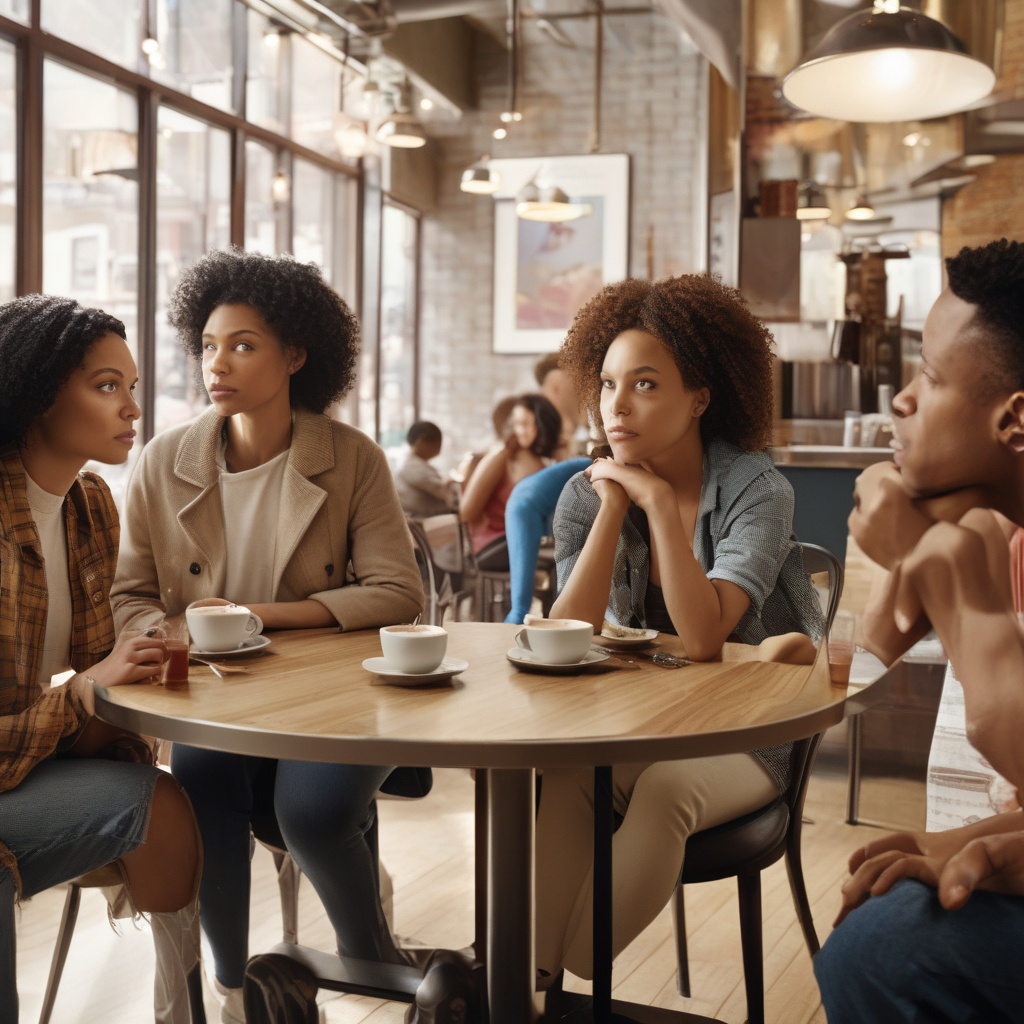AI Impact on Creativity and Human Connections in the Eyes of Americans
Artificial Intelligence (AI) has become a ubiquitous term in today’s digital landscape. Nearly all American adults have heard of AI, with its presence felt across various industries and aspects of life. However, despite its widespread use and advancements, there is a prevailing fear among Americans that AI may weaken creativity and human connections.
Many individuals harbor doubts about their ability to discern AI-generated content from human-created material. The seamless integration of AI in content creation, such as articles, music, and visual art, raises concerns about the authenticity and originality of the work. As AI algorithms become increasingly sophisticated, they can mimic human creativity to a point where distinguishing between AI-generated and human-generated content becomes challenging.
Moreover, the fear that AI may diminish human connections adds another layer of apprehension. As technology continues to streamline communication and interactions, there is a growing concern that genuine human connections are being replaced by digital interfaces. The convenience of AI-driven communication tools may come at the cost of meaningful relationships built on empathy, understanding, and emotional depth.
A recent study revealed that three-quarters of Americans believe it is crucial to be able to recognize AI content. This emphasizes the need for transparency in disclosing AI involvement in creating various forms of media. Without clear markers indicating AI-generated content, there is a risk of eroding trust and credibility in the content consumed by individuals.
One of the primary reasons behind the fear of AI’s impact on creativity and human connections is the potential loss of individuality and human touch in artistic expression. While AI can analyze vast amounts of data and trends to generate content, it may lack the emotional intelligence, personal experiences, and unique perspectives that humans bring to their creations. The depth of human creativity, fueled by emotions, cultural influences, and personal stories, is a hallmark of artistic expression that many fear AI cannot replicate authentically.
To address these concerns and preserve the essence of creativity and human connections in the age of AI, several strategies can be implemented. First and foremost, education and awareness about AI technologies are essential to empower individuals to make informed decisions about the content they consume. By understanding how AI operates and its role in content creation, individuals can develop a critical eye for identifying AI-generated material.
Furthermore, fostering a culture that values and celebrates human creativity is vital in maintaining the authenticity and originality of artistic expression. Emphasizing the unique perspectives, emotions, and experiences that humans bring to their creations can highlight the irreplaceable nature of human creativity in the face of AI advancements.
In conclusion, while AI presents remarkable opportunities for innovation and efficiency, Americans’ fears about its potential impact on creativity and human connections are valid. By acknowledging these concerns and taking proactive steps to uphold transparency, individuality, and human-centric values in content creation, we can navigate the evolving landscape of AI with a greater sense of assurance and authenticity.
AI, Creativity, Human Connections, Technology, Transparency
